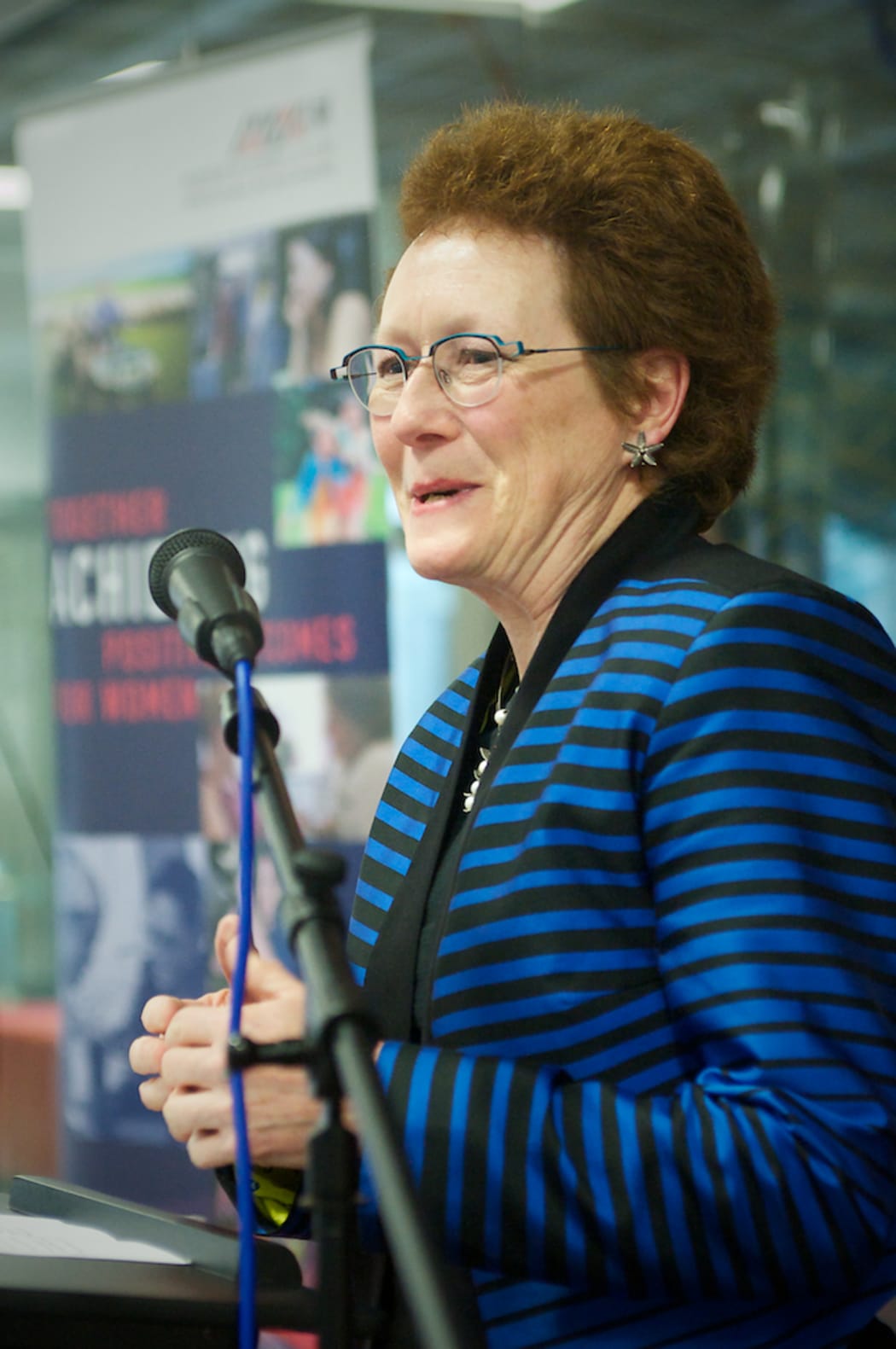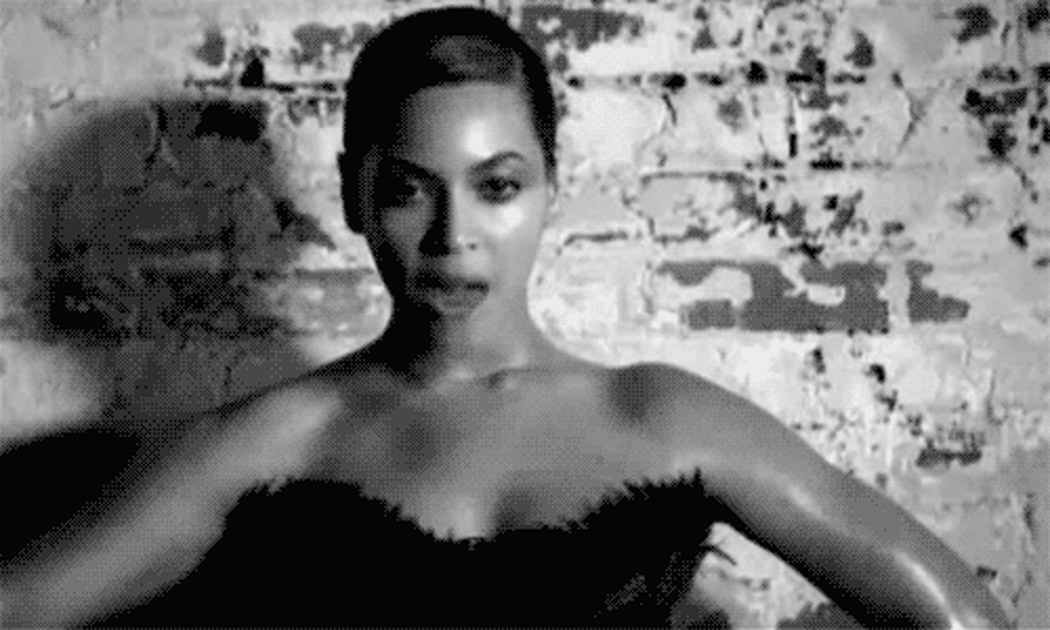One hundred and twenty-one years ago today, New Zealand became the first nation in the world to give women the vote – a fact we’re quick to reach for, along with protesting the Springbok tour and Courtney Love’s brief but by all accounts eventful stint at Nelson College for Girls, whenever called upon to define our national identity. And yet hundreds of thousands of women – if trends apparent overseas apply here, more young women than young men – won’t exercise that right tomorrow.
Assuming the role of devil’s advocate for a moment, that so many of us can afford not to vote is testament to the fact that we’ve got it pretty good here – certainly better than Kate Sheppard and other women did in 1893, not least because of the widespread availability of sanitary products and a global computer network that brings us pictures of strangers’ dogs from all over the world.
READ a brief history of voting in New Zealand.
But there’s still plenty that sucks about being a woman, even in as relatively peaceful and prosperous a country as New Zealand. Abortion is still part of the Crimes Act, plus we live in a rape culture that sees sexual violence against women waved aside at the highest levels of law enforcement, media and government.
In the face of such enormous and insidious injustices, it’s easy to forget about the little things. But big-picture issues trickle down to a matter of dollars and cents, and the fact is that women have fewer. We get paid less than men for comparable work – 10 per cent less, actually, equating to $283 less every week. That’s not peanuts; that’s nearly $300.
Though you’re encouraged, in accordance with the principles of The Secret, to think about what you’d do with that extra money, whether you’d save or splurge it is really beside the point. To quote Nayvadius Cash, you deserve it. But many women don’t believe they do.
Part of the problem, said female business leaders speaking at Department of Internal Affairs event to commemorate Suffrage Day, is a lack of confidence, attributable to misconceptions about what women can and can’t do. We don’t sit at the table because we don’t think we deserve to – not just because there hasn’t been a place set there for us.

Dr Mary Quin, chief executive of the Callaghan Institute, speaking at the Department of Internal Affairs' Women at the Leading Edge event Photo: Colin McDiarmid
Callaghan Innovation chief executive Dr Mary Quin – the kind of woman who graduated in the top five per cent of Harvard Business School, spent 20 years in senior executive roles around the world, and somehow managed to find the time to get kidnapped in Yemen along the way – said there are still stereotypes about “what boys are good at and what girls are good at”, even though they’re rarely made explicit.
Despite the obvious progress made in achieving equality of the sexes over the last century, gender bias still exists. She used a telecommunications analogy, “that 100 feet of wire – that last connection into the home”: “There’s still something that’s getting in the way”.
Dr Quin said the underlying issue is a “lack of encouragement” of women to pursue or progress within subjects or careers in which they’re under-represented, like technology and science.
There’s plenty of research to show that women routinely underestimate their value and ability, have lower expectations, and take no for an answer – and that men do the opposite. Plus, we’re less likely to negotiate higher salaries or put ourselves forward for promotions, compounding that basic inequality.
READ about how science is sexist – and how we can make it and other STEM subjects more inclusive.
The solution is not as simple as “just lean in”, Facebook CEO Sheryl Sandberg’s well-intentioned manifesto for gender inequality in the workplace, criticised for putting the onus on individuals, not industries. Asking for more money or opportunities doesn’t guarantee you them, especially when, as one researcher noted, “it turns out people don’t like it when women do this”.
But women hire women, and we all stand to benefit from more of us being in leadership positions. Dr Quin pointed out that there’s an obscure comfort to be found in “the confidence gap”: when about half the other candidates overestimate their worth, you only have to be “averagely good” to be competitive.

Divas getting money Photo: Giphy
But if we are to achieve parity of the sexes, aiming for average isn’t enough. We need to accept that we’re good enough already – that we deserve that extra $300 a week, to do with whatever the hell we want. Then we need to use every tool, every resource, every bit of leverage we have to make our voices heard – and, 121 years on from suffrage, voting is one of the best levellers we’ve got. You might earn $9 for a man’s every $10, but your votes count for the same. Even if that man spent eight years growing a rat’s tail. That’s the beauty of democracy.
But rights are only secured by using them. As a proponent of moderation in all things, Kate Sheppard is unlikely to have got behind many of modern women’s choices and priorities, but she’s on the record as disapproving of those who don’t exercise their democratic rights: “Do not think your single vote does not matter much. The rain that refreshes the parched ground is made up of single drops”. Vote, if not for yourself, for women who don’t have as many options, for whom every dollar in ten makes a difference.
(Or take the wins where you can get ’em and move to Australia, where you’ll still earn less than a man, but more than one in New Zealand.)
Cover image: Diego Opatowski / Radio New Zealand.

